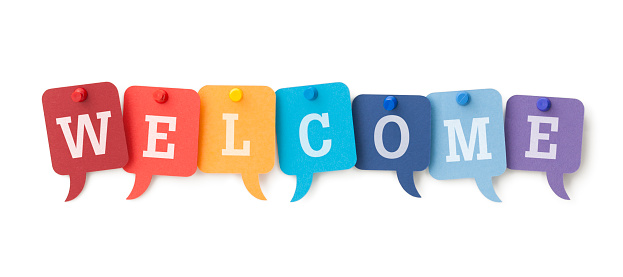This blog will be on the effects of social media on people’s mental health and how we can help those who have been negatively affected. I am also going to be explaining why social media has these negative effects and how people can stop it from effecting them. This topic is a very important one as it is currently relevant to anyone who has and is using any sort of social media.
While many of us enjoy staying connected through social media, excessive use can fuel feelings of anxiety, depression, isolation and FOMO (fear of missing out).
Since it’s a relatively new technology, there’s little research to establish the long-term consequences, good or bad, of social media use. However, multiple studies have found a strong link between heavy social media and an increased risk for depression, anxiety, loneliness, self-harm, and even suicidal thoughts.
Social media can affect someone’s mental health in many different ways, some include bullying or posting non-consensual pictures of another person on a social media platform for other people to see. Social media can be very aspirational but posts containing unrealistic and often fake or highly edited pictures of bodies, faces or locations can contribute to peoples's feelings of inadequacy. Anyone feeling this way can be jealous or upset due to them not having the "perfect" body or be in the amazing places. Ultimately this can lead to sadness and depression.
The blog and podcast are going to be directed at the age of 12 onwards as by the age of 12 at least 50% of children have one social media page. I am not putting a limit on the age this is directed at because I feel that anyone using social media can struggle with their mental health even at an older age.

Comments
Post a Comment